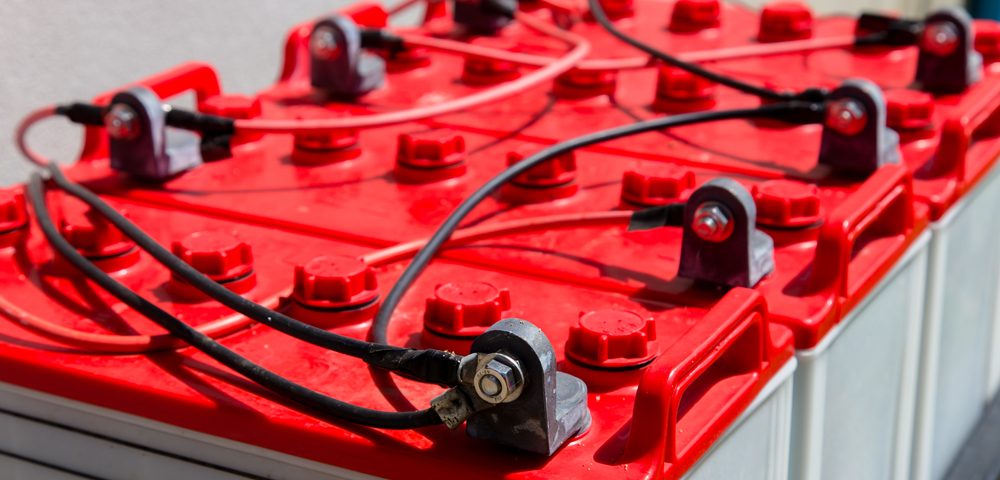Are you wondering how to extend the lifespan of off-grid solar batteries? Solar batteries should have an extended lifespan to facilitate the production of energy. Please read below for more.
Many factors affect the lifespan of off-grid solar batteries. You need to be aware of the factors that affect the lifespan of off-grid solar batteries in order to extend the reliability and durability of the battery.
There are three main factors that could affect the durability of solar batteries. The life cycle of the battery is one such factor. The lifespan of a battery can easily be determined through the number of use cycles of the battery.
For example, Gell Cell batteries provide 500 to 5000 cycles while lithium batteries provide 2000 cycles. The temperature is another factor that will affect the lifespan of the solar battery.
The battery attains a higher chemical activity in high temperatures – which means it’s less efficient in cold temperatures. The depth of discharge or DoD is another factor that affects the durability of off-grid solar batteries.
DoD refers to the extent to which a battery can be used relative to its total capacity. When you charge or discharge a battery, its capacity will go down. This will lower the batteries capacity to store more energy.
That’s where the best practices for off-grid battery management come in handy. Let’s take a look at this in more detail now by looking at the following:
- Enhance equalisation on solar batteries
- Regulate the number of batteries
- Make use of the appropriate solar batteries
- Make sure the solar battery doesn’t go uncharged for a long time
Enhance Equalisation On Solar Batteries
The equalisation of solar batteries refers to the regulated overcharging process. Unequal charging of the battery will result in the sulphation of the battery plate. Overcharging helps get rid of sulphation through gassing.
The latest batteries are made with solar charge controllers to prevent overcharging. This is one of the best practices to enhance the lifespan of off-grid solar batteries.
Regulate The Number Of Batteries
One important thing is to lower the number of batteries used at the bank. Using too many batteries can increase resistance and connection – which is likely to result in unequal charging of the batteries.
You should stick to 4 or fewer batteries for the best results.
Make Use Of The Appropriate Solar Batteries
The appropriate number of solar batteries for your application will ensure the long life of the batteries. Gell Cell batteries are the best for your solar applications because of their proven lifespan.
Lithium batteries are also becoming popular because of their long lifespan and environmental friendliness. Gell Cell batteries will last between five to seven years in the field when they are sized properly.
On the other hand, Gell Cell batteries are a fraction of the cost of lithium batteries. This is another important practice to extend the lifespan of your solar batteries.
Make Sure The Solar Battery Doesn’t Go Uncharged For A Long Time
Solar batteries are likely to lose their lifespan when they sit on a store shelf for extended periods of time.
Batteries should be continuously charged to facilitate a continuous solar light. These are some of the best practices for off-grid battery management.
Are you looking to go solar or utilise an off-grid battery system in your home?
At Choose Solar, we provide purpose-built mounting equipment for the solar power industry as well as high-quality solar batteries and inverters and are your number one choice.
We have been supplying and installing farm solar power battery systems across Australia for the past 20 years.
For all your solar installation and solar power needs, please call us today on 03 9761 5371 or send us a message through our contact page.

